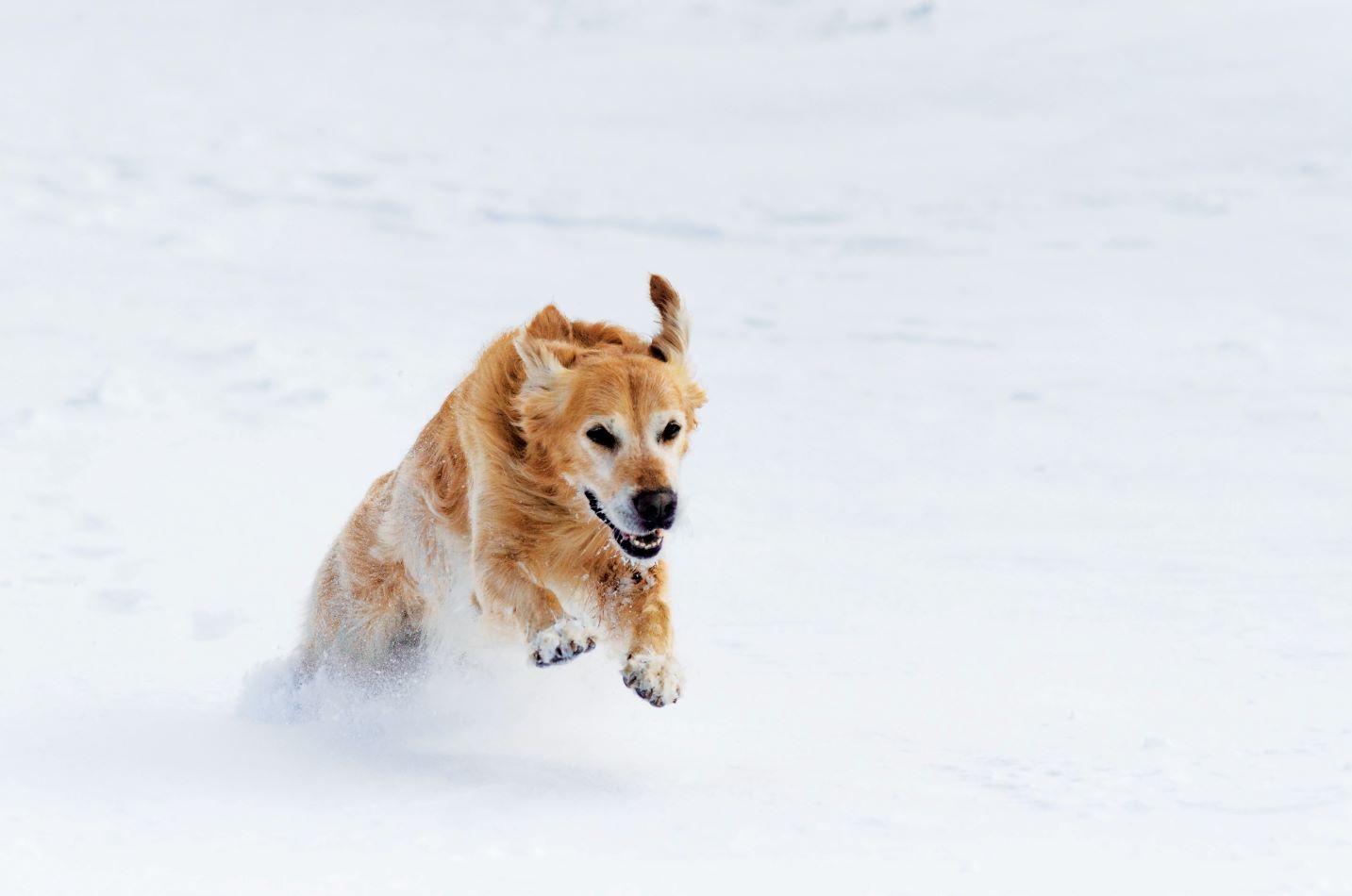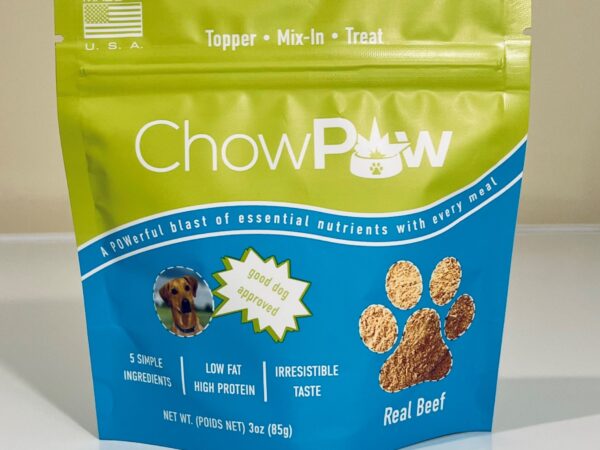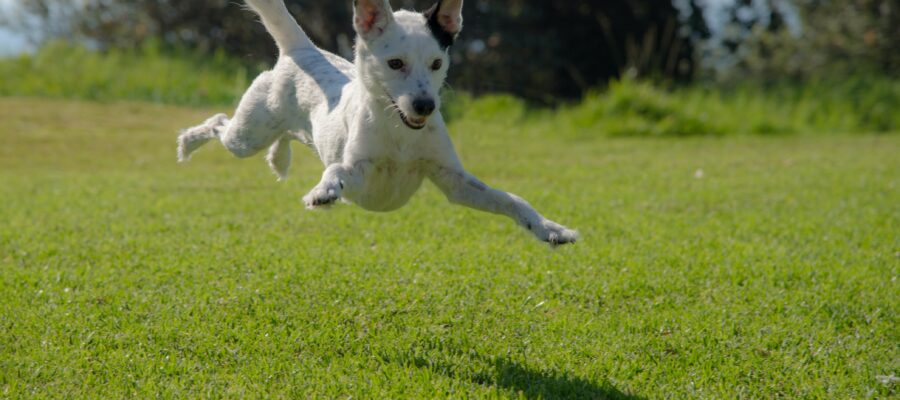
Wellness Wednesday: The Snow Snacking Edition – Why Do Dogs Eat Snow?
Ever caught your furry friend indulging in a snowy snack and wondered, can dogs eat snow? Dogs munching on snow is a common sight, sparking curiosity about this chilly habit. Let’s delve into the frosty details on why dogs eat snow and whether it’s a healthy behavior.
Why Dogs Eat Snow
There are a few primary reasons why your dog may eat snow, let’s dive into them:
- Thirst Quencher: In winter, when water sources may be limited or frozen, dogs may resort to eating snow as a hydration alternative.
- Playful Pups: Snow can be enticing for playful pups, and catching a mouthful adds an extra element of fun to their winter adventures.
- Temperature Regulation: Dogs may ingest snow to cool down during physical activity, especially when exerting themselves in snowy landscapes.
Is Eating Snow Healthy for Dogs?
Down to business, will eating snow harm my dog? The answer isn’t as straightforward, but here are potential outcomes:
- Moderation is Key: Occasional snow snacking is generally harmless, but excessive ingestion may lead to lower body temperature, which is bad for the dog if you are in the middle of a long winter walk. Read our guide on tips to help keep your dog warm on a winter walk.
- Avoid Contaminated Snow: Be cautious of salt near roads or treated with de-icing agents, as these can be harmful if ingested.
Bottom line: There is nothing wrong with a gulp or two of some fresh snow, but always be alert if your dog starts to eat more. If your dog is actively going after snow, there may be an underlying cause or gut issue that should be addressed before walking or playing in snowy conditions.
Cautionary Notes
- Limit Consumption: While snow itself is usually safe, always be mindful of the type of snow that is around. Snow plows and other machines blow snow in dirty places, so plan you walk or playtime to not travel near snow pile build-up spots.
- Dehydration Risk: Relying solely on snow for hydration is not sufficient, as it may not meet all their water needs. Always provide fresh water indoors.
- Keep Your Dog Dry: Dogs walking or playing in the snow can mean that their fur gets wet too. Make sure to dry any wet spots off your dog so their body doesn’t get too cold.
Tips for a Healthy Snow Experience For Dogs
- Supervise Playtime: Keep an eye on your dog’s snow-eating habits, especially in unfamiliar areas. Plan your walk or playtime in areas where there is fresh snow or avoid it altogether.
- Hydration Priority: Ensure your pup has access to fresh water even during winter outings.
- Snow Safety: Be mindful of the quality and source of the snow your dog consumes to avoid potential health risks.
Remember, every dog is unique, and while nibbling on snow is often a harmless winter habit, it’s crucial to consider your dog’s overall health and well-being. If you have concerns or notice any unusual behavior, consult with your veterinarian for personalized advice. Stay frosty and keep those tails wagging in the winter wonderland!






